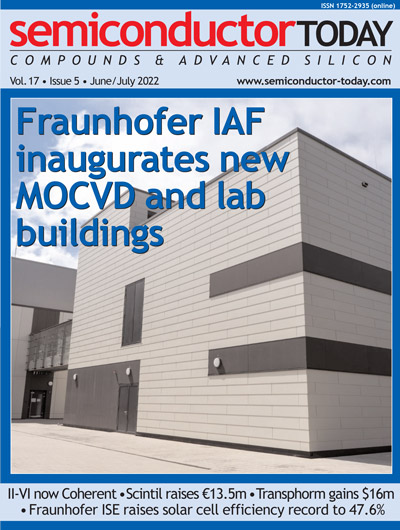- News
20 August 2013
Stion's modules demonstrate zero degradation in first year
In April 2012, Stion Corp of San Jose, CA, USA, which makes nanostructure-based CIGS (copper indium gallium sulphur-diselenide) thin-film photovoltaic panels, installed a 60kW demonstration array in Hattiesburg, MS consisting of some of the first CIGS modules produced at Stion’s high-volume factory in Mississippi. After a year of field production in the hot and humid Mississippi delta, Stion’s modules show zero degradation in power output.
A random sample of modules was removed from the array and tested; they performed at or above the STC (irradiance=1000W/m2, air mass=1.5, module temperature=25°C) flash test result that was recorded at the time of production. In contrast, with silicon-based modules the norm is a power loss of at least 1-2% in just the first year.
Stion says that the stable performance confirms that its modules match the stability seen in CIGS modules that have been stable for nearly 8 years in a test array at the US National Renewable Energy Laboratory (NREL).
Stion’s CIGS modules have a dual glass/glass construction, providing significantly improved moisture resistance and lifetime durability over the traditional polymer-based backsheets used in traditional PV modules, the firm claims. The modules are resistant to potential- induced degradation, light-induced degradation, and provide a durable solution engineered to survive in harsh environments and outperform in non-ideal situations, the firm adds.
Process enhancements boost STO CIGS module line by 10W in new Elevation Series
Stion has announced the release and certification of its Elevation Series STO module line, available in variants ranging from 135W to 150W in 5W increments and certified to the ANSI/UL 1703, IEC 61730 and IEC 61646 standards.
Process enhancements allow the STO line to provide 10W-better module performance while achieving a record low temperature coefficient of 0.26%/°C, thus providing better energy yield in virtually any climate, it is claimed.
The STO module line is certified to meet all 1000V IEC and 1000V UL applications. This enhancement allows for longer strings, lower balance of system (BoS) hardware and lower labor costs, the firm adds.
www.nrel.gov/docs/fy11osti/50726.pdf





